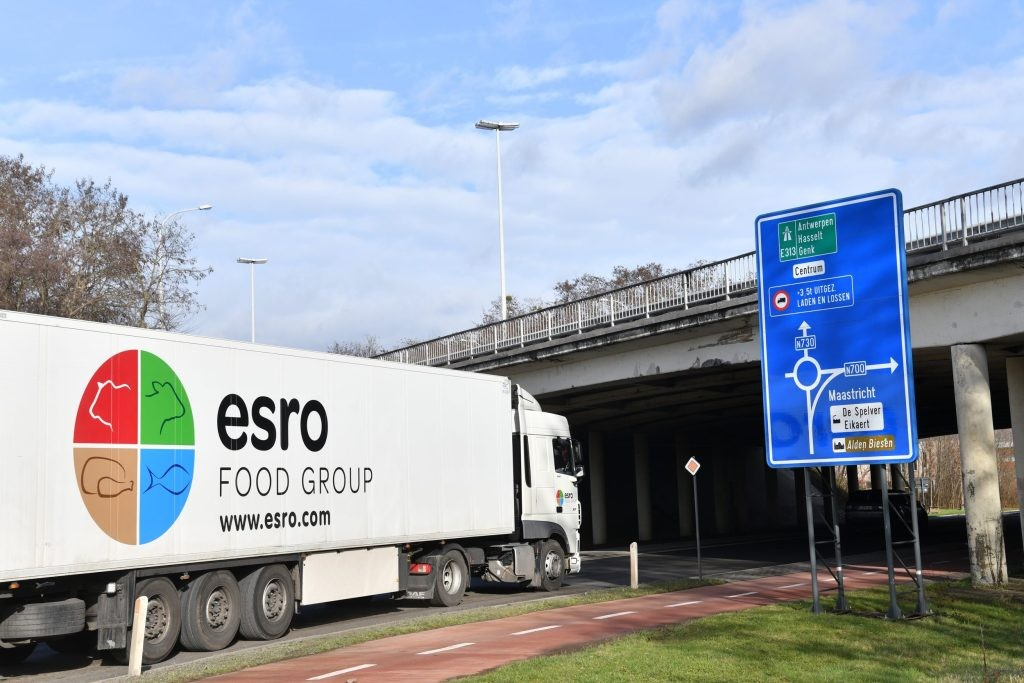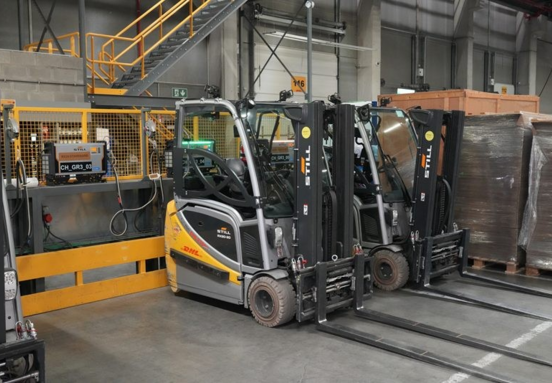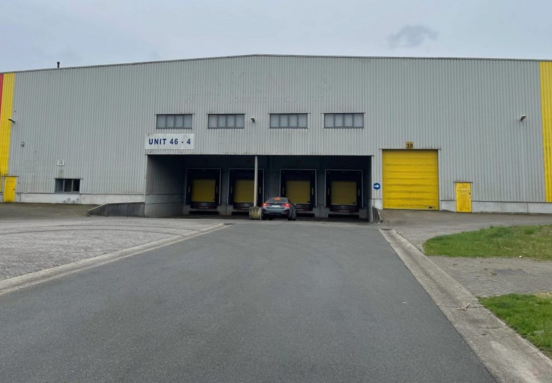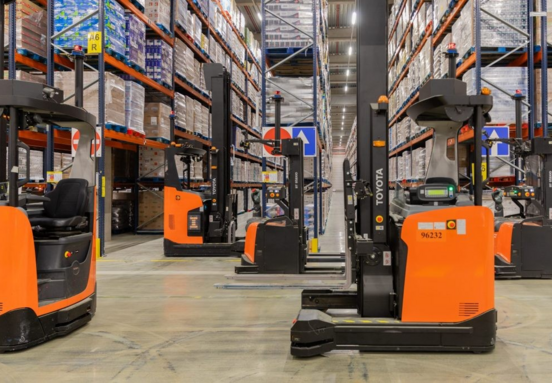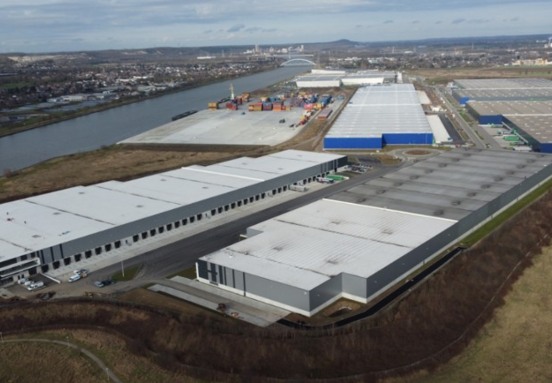Flanders introduces new CO2 kilometer tax component
Flanders is poised to implement a substantial change to its kilometer tax for heavy goods vehicles (HGVs), introducing a CO2 component that will significantly impact businesses involved in logistics and distribution.
Confirmed by Flemish Minister-President Matthias Diependaele, this initiative aims to raise an additional €180 million annually, representing a 27% increase over the €658 million collected in 2024.
This new structure is set to take effect on July 1, 2026, aligning with existing inter-regional agreements governing the kilometer tax in Belgium.
Key details of the tax increase
The entire €180 million revenue increase will be generated through a surtax specifically imposed on diesel-powered heavy goods vehicles. Importantly, the Flemish government does not plan to expand its network of taxable roads.
This approach is in line with European legislation and mirrors Germany's strategy, which saw a significant hike in its LKW-Maut tariffs in 2024.
For businesses, this means that the increased costs will be directly tied to the type of vehicle used and the distance traveled within Flanders, rather than new route coverage.
Impact on logistics and business costs
For companies relying on HGV transport for their supply chain, the introduction of this CO2 component translates directly into higher operational costs.
Businesses involved in manufacturing, e-commerce, retail, and particularly those managing warehouses or distribution centers in or around Flanders, will need to factor these increased expenses into their budgets and logistics planning.
The focus on diesel HGVs also highlights a growing push towards greener transportation, potentially incentivizing companies to explore more fuel-efficient fleets or alternative logistics solutions in the long term.
Strategic considerations for warehouse and distribution businesses
Given the impending changes, businesses with warehousing and distribution operations in Flanders, or those using the region as a transit hub, should begin evaluating their current logistics strategies. Considerations include:
Budgeting: Adjusting financial forecasts to account for increased transportation costs.
Fleet optimization: Exploring investments in more fuel-efficient or alternative fuel vehicles to mitigate the impact of the diesel surtax.
Supply chain review: Assessing the efficiency of current routes and potentially re-evaluating the optimal location for distribution centers or warehouses to minimize exposure to the new tax or shorten travel distances.
Carrier negotiations: Engaging with logistics partners to understand how the new tax will be passed on and exploring options for cost-effective transport solutions.
Understanding and proactively adapting to these changes will be critical for maintaining competitive edge and ensuring the continued efficiency of your supply chain operations in the Flemish region.
Source: transportmedia.be
